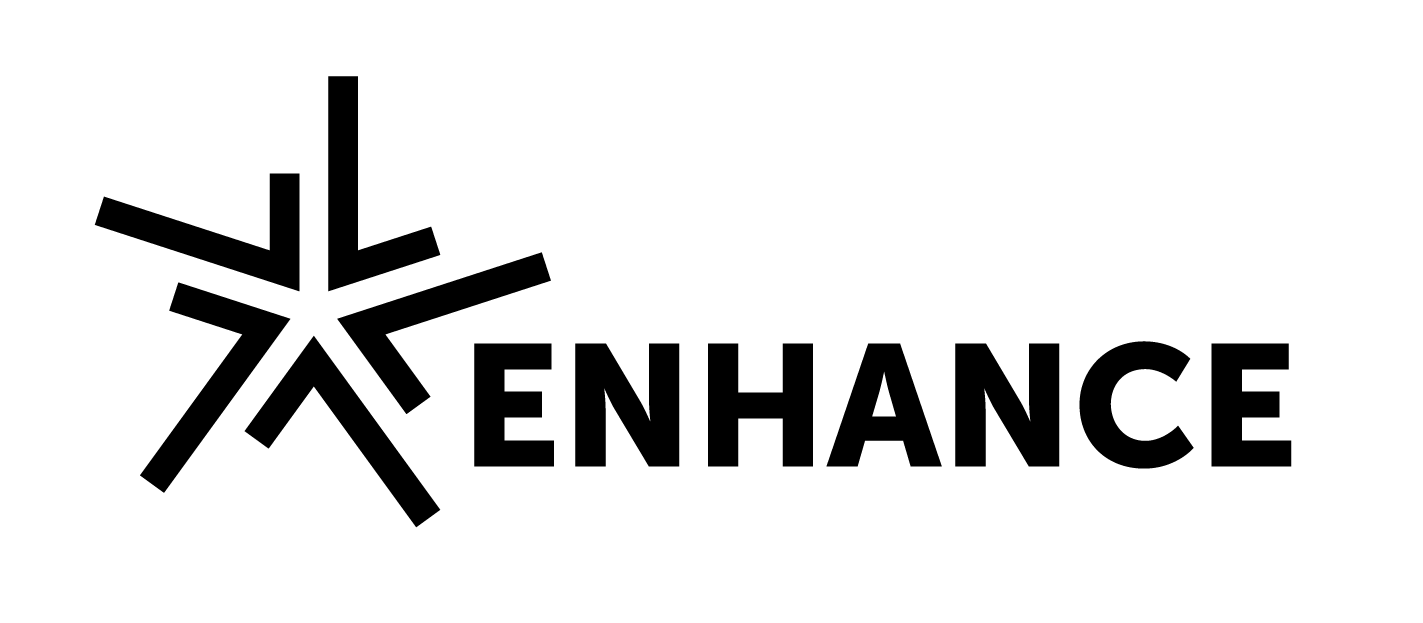The ENHANCE Alliance puts the stress on diversity with its 2022 report
The ENHANCE Alliance publishes its 2022 report on diversity and gender equality to put light on the activities organised around these very important themes. In the modern context, diversity and gender equality are centre-stage topics, but they remain too often only touched out. Since the beginning, the ENHANCE Alliance has decided to give these societal topics the attention they deserve and act on them, rather than just talking about their relevance in our everyday life. “We aim at creating a University Alliance which empowers people,” Prof. Dr. Anne Borg, Chair of ENHANCE and Rector of NTNU, declared. With the Diversity and Gender Equality in ENHANCE 2022 annual report, the alliance displays all the activities put in place this past year in this area.
“We know that we can lead by example as a European University Alliance and be explicit and visible on matters of equality and diversity.” (Prof. D. Anne Borg)
To present all the activities put in place and the achievements the ENHANCE Alliance reached in terms of diversity and gender equality in 2022, the report is divided into three categories and ten deliverables. They represent all the outputs of the members of the ENHANCE Work Package Diversity and Gender Equality.
Three goals to cover various activities
The first goal is entitled “Ensure, Mainstream, and Control”. It covers three deliverables: a support pack for entrepreneurs and innovators, guidelines for bias-aware selection, and monitoring gender balance in joints ENHANCE Activities and Bodies. Various statistics for this last deliverable illustrate the report, showing the variations of female proportion in ENHANCE governing bodies compared to 2021. With this evolution, ENHANCE reaches an equal number of male and female members in the Students Forum, and the Board of Directors is now composed of more than 1/3 of female representatives. The gender balance is also well respected in ENHANCE Activities, with a total of 51% of female participants. The report also shows the percentages of female representation in various categories of employees at the seven partner institutions. If the percentages aren’t close to parity in all the categories, the female proportion of administrative and technical staff is higher than 50% in almost all the universities.
Following the European guidelines to define groups with fewer opportunities, the second goal, entitled “Encourage, Empower, and Support”, is organised around four deliverables targeting underrepresented groups: the social media campaign CROSSING BORDERS, ENHANCE Girls in STEM, the Network of Diversity and Gender Equality, and a Mobility for All tool. All these activities are focused on groups with fewer opportunities with the objective of giving them the possibility to be included and represented and to have access to the international experience ENHANCE offers.
The last goal, “Training resources and Fostering awareness”, includes the last three deliverables of the report: Training opportunities for everyone, the webinar series European University for everyone, and the ENHANCE Conversations Diversity and Inclusion via Artificial Intelligence. The activities included in these deliverables are related to learning opportunities focusing on inclusion and gender equality, either built by the ENHANCE Alliance or compiled from partner universities. Various speakers participated in these activities to show the different points of view and possibilities on these topics.
Partner universities united in their work for more diversity and gender equality
The end of the report puts light on the partner universities and their way of working toward more inclusion and diversity. It summarises the highlights of the actions and activities organised by every partner individually to increase awareness. This last part shows that if the ENHANCE Alliance made Diversity and Gender Equality a centre point of its project, for instance, by initiating the foundation of an official subgroup on the topic within the network of European Universities Initiatives, every organisation has had diversity at heart and is also working on it at various levels.
With this report, the second published so far, the ENHANCE Alliance shows once again that the human aspect of academics, mobility, and every other activity related to the university culture is not to be left behind, especially when it comes to including a part of the population usually unintentionally puts aside. Being a European University also means giving equal opportunity and working toward a fair environment for everyone, which is what the ENHANCE Alliance has been working on and will keep working on until the goals are reached.



